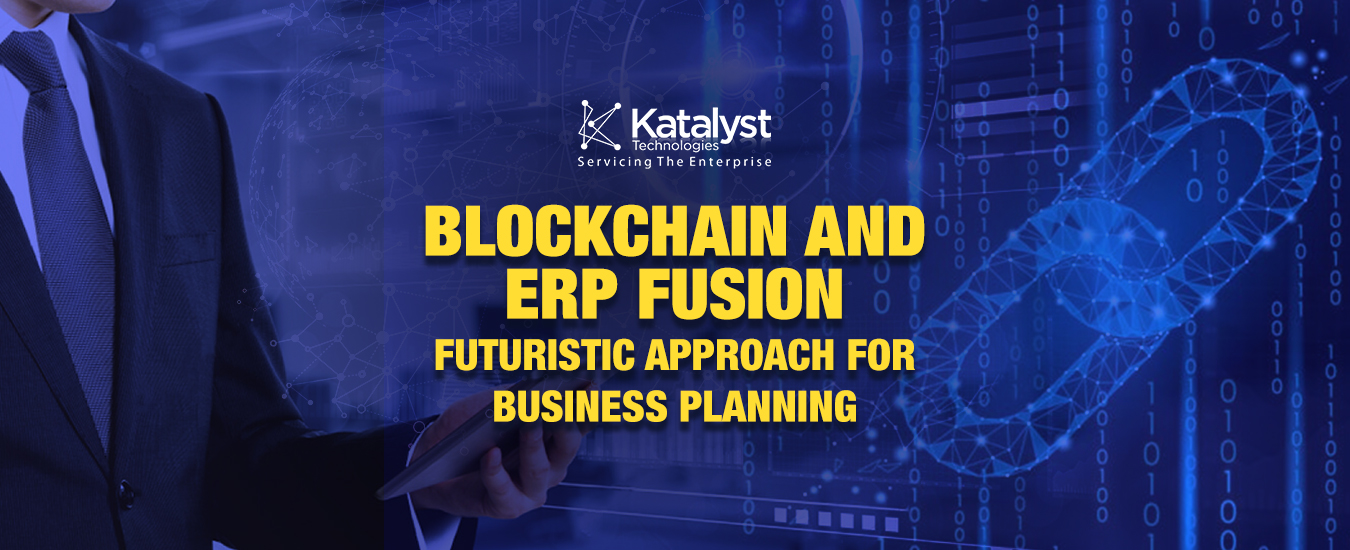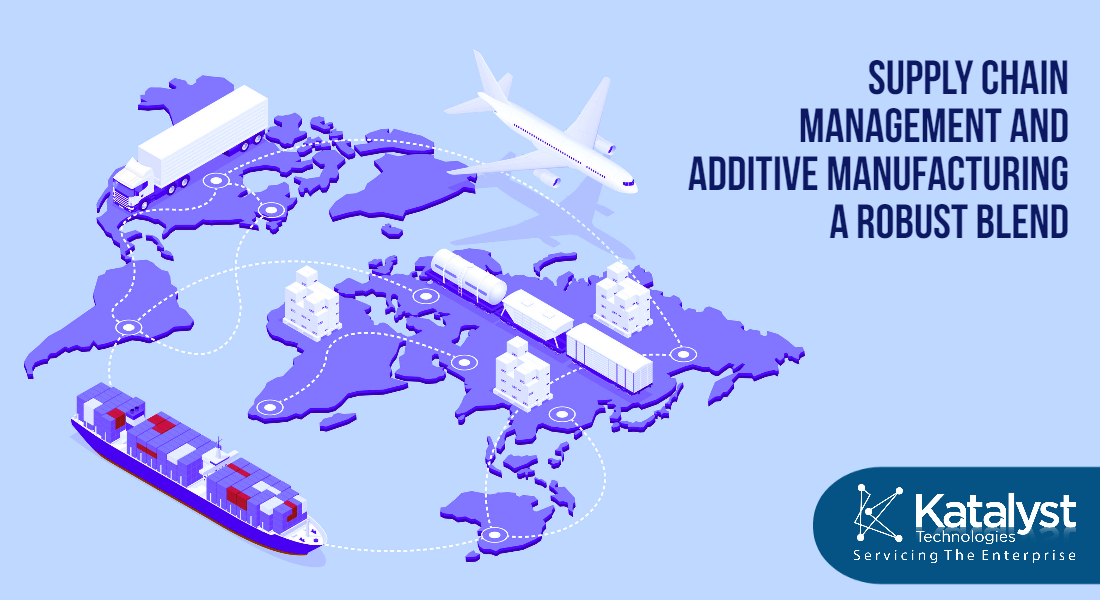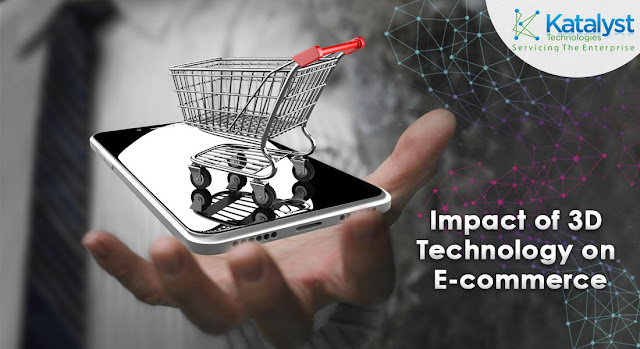Blockchain And ERP Fusion: Futuristic Approach For Business Planning
Blockchain technology has the potential to take industries to the new peaks. Still, in the experimental phase, this technology caught the attention of several financial organizations, as it offers many benefits. Blockchain allows for the distribution of digital data, but cannot be copied. Initially, Bitcoin was made as a digital currency, but now many organizations are trying to explore other opportunities for Blockchain.
First let’s take you through how it all started,
Surge of Blockchain
Bitcoin has gradually evolved as a unique technology that is the backbone of several large companies. That's why technology experts are proposing to integrate Blockchain technology into enterprise resource planning (ERP) systems. This integration would allow companies to rationalize their investments and optimize costs.
Since Blockchain can be used to track transactions and transfers of value between portfolios, it can also be used for ERP.
ERP software helps in,
- Centralizing all your data.
- Provides a single point of contact.
- It also integrates with other business process applications.
- Sharing reliable data between different departments in your organization.
The same thing if evaluated with the integration of Blockchain and ERP, but in a broad sense, can result in
- Centralize business processes and workflows across different organizations.
- Integrate and optimize the essential operations of different organizations.
- Sharing a reliable version of the data between different organizations.
- Data interoperability for banks and financial institutions.
The benefits can be passed on to client companies more quickly and efficiently, to mitigate adverse risk conditions. Blockchain's ERP integration includes services such as corporate banking, such as payments, corporate finance, and contract management.
Possibilities of Blockchain integration with ERP
ERP software manages and optimizes all-important business processes. It is a type of database hub, which allows an organization to perform back-office functions smoothly and in real-time with integrated applications. As the ERP system uses a database management system, Blockchain also uses a scalable database in real-time that allows proof of concepts, platforms, and applications.
Let’s consider a specific team uses software to generate invoices and the accounting team needs the same invoices to manage sales, it becomes mandatory to share billing information between the two teams. However, this usually results in a downside for companies. The reason may be a lack of trust between two teams or a lack of compatibility.
As each organization follows a different set of standards, processes, and business formats, it will be much easier for everyone to apply Blockchain technology. Moreover, Blockchain is not in the field of return on investment, but on strategic bases, such as resistance to cyber-attacks and other malware threats.
Where this tech-duo can land your business in coming time
ERP is an essential part of an organization as it manages finances, invoices, orders, and payments. Blockchain integration with ERP systems will enable true data interoperability across multiple commercial and banking services, such as online payments, commercial financing, and contract management facilities Blockchain technology in ERP systems provides excellent results and good value for any company. It is one of the best options to alleviate the challenges of ERP systems. The use of this blockchain technology is restricted not only to the supply chain and but can widely be applied in major industries. Also, ERP integration can be beneficial if artificial intelligence comes in the picture with its full efficiency.
Looking for ERP solutions to streamline your business operations and offerings. Katalyst Technologies can direct you through this shift with its expertise in ERP integration with potential technologies such as blockchain.



